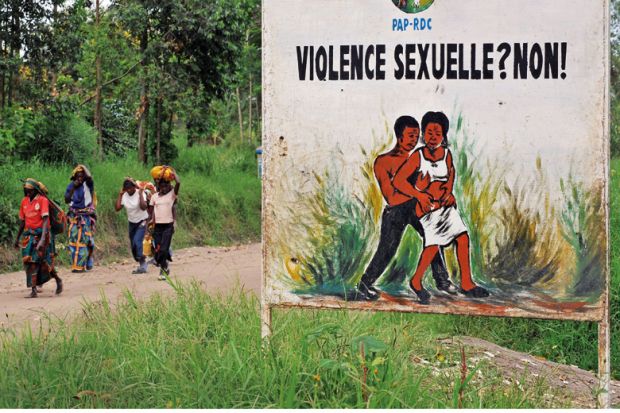The London School of Economics has announced a partnership designed to help the United Nations special rapporteur on violence against women deliver on her mandate.
Dubravka Šimonovic is the fourth person to take on this role. Her three predecessors, said Christine Chinkin, director of the LSE’s Centre for Women, Peace and Security, “have been successful in working with NGOs, raising awareness, clarifying states’ obligations and producing reports both on specific manifestations of global violence against women and about particular countries”.
Yet the position of special rapporteur is comparatively “under-resourced” because “the Geneva human rights budget represents a very small percentage of the overall UN budget”. It is because of this that the LSE has offered to step in and help.
The LSE centre already works with the UN monitoring body known as the Convention on the Elimination of all Forms of Discrimination Against Women. By appointing Dr Šimonovic as a visiting professor in practice, Professor Chinkin hopes that staff at the centre will be able to “use the space provided by an academic institution to offer support".
“We have researchers who can help in the actual preparation of reports. We could bring people together from wide geographical regions for special meetings in London. And we can use our website and social media to disseminate her reports,” she said.
Dr Šimonovic has already taken part in a discussion on “femicide”, the subject of her first report, at the LSE earlier this year, and she is likely to come to London for similar events about once a quarter. When the centre launches a master’s in women, peace and security next October, it is hoped that she will engage with the students and give a presentation at a workshop, seminar or public event.
As part of the project, the LSE has also launched a website called Tackling Violence against Women.
Since there are a wide “variety of institutions working to tackle violence against women”, this aims to act as “an intermediary project – bringing together regional and universal human rights standards and jurisprudence, to make them accessible”.
It seeks both to “identify opportunities for advocacy in each system” and to “provide information on the most progressive and gender-inclusive standards emerging in different regions around the world”, so they can be adopted “as models for individual case advocacy in domestic, regional or global forums and as a template for legal and practical reforms within states”.
“Simply put, our goal is to provide information on opportunities for intervention,” the site states.




